Netzwerk
Mitglieder
Wir berichten aus mehr als 160 Ländern –
aktuell, kontinuierlich und mit fundiertem Hintergrundwissen.
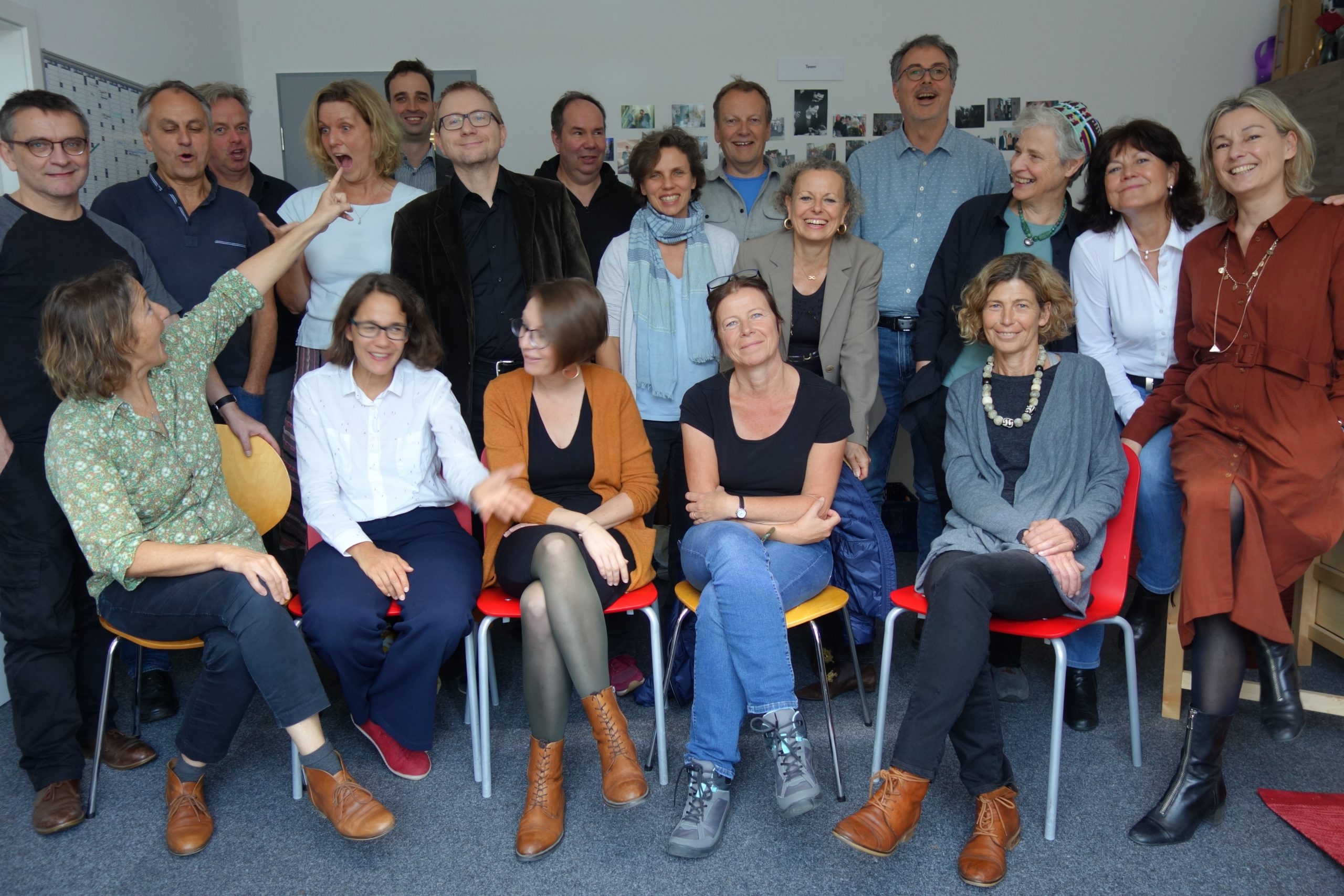
Weltreporter.net ist das größte Netzwerk freier deutschsprachiger Auslandskorrespondent*innen. Wir berichten aus mehr als 160 Ländern – aktuell, kontinuierlich und mit fundiertem Hintergrundwissen.
Statt nur kurzfristig einzufliegen, sind wir im Ausland präsent, meist schon seit mehreren Jahren – wir berichten aus den Ländern oder Regionen, in denen wir leben. Mit den politischen und gesellschaftlichen Verhältnissen sind wir deshalb bestens vertraut, wir sind gut vernetzt, können Krisen und Entwicklungen einordnen und auf aktuelle Ereignisse schnell reagieren.
Zugleich entdecken und erzählen wir die Geschichten, die hinter den Nachrichten stehen. Wir kennen den Alltag der Länder, nicht nur die Ausnahmesituationen.
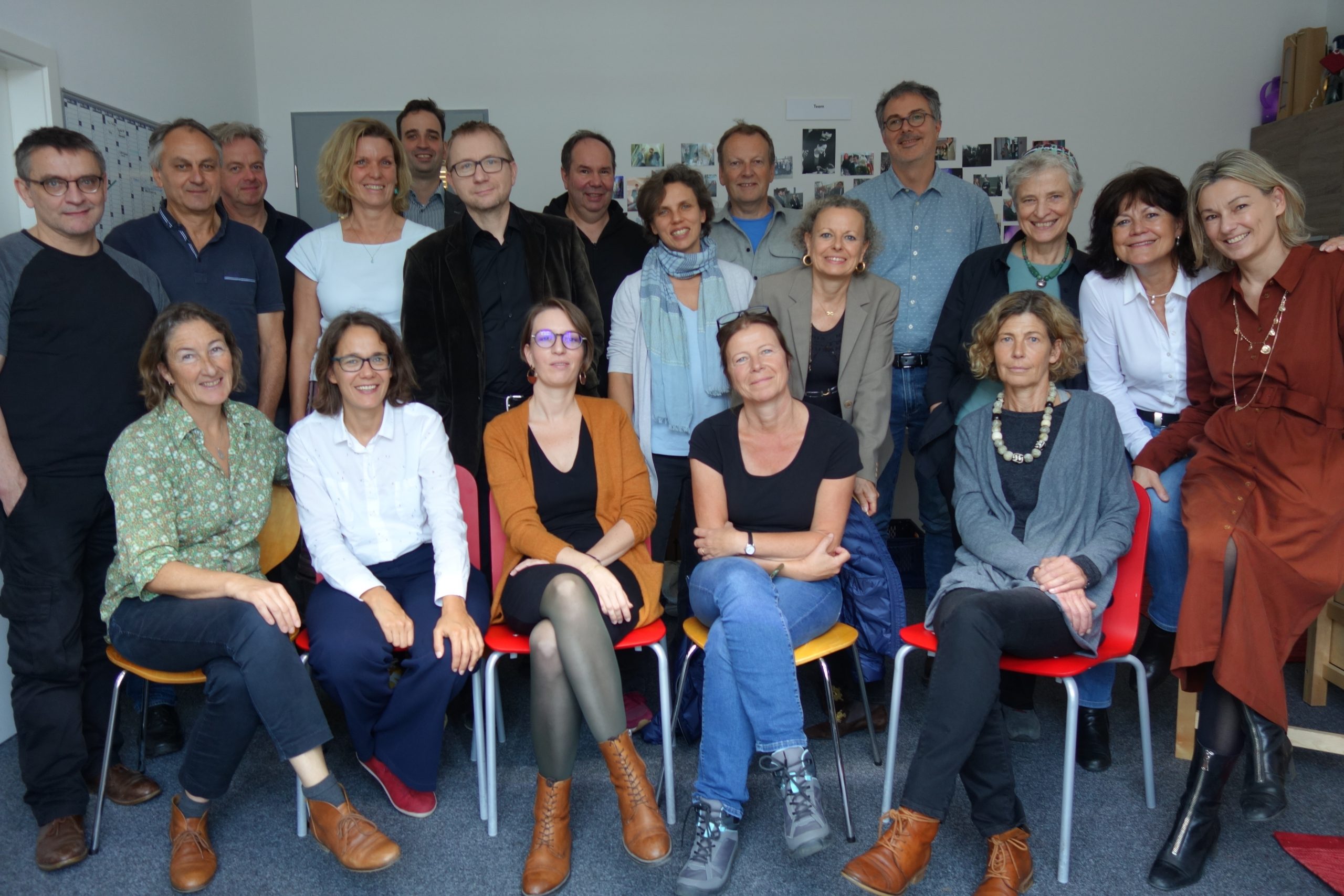
Weltreporter und Weltreporterinnen beim Jahrestreffen im Oktober 2019 in Berlin
Uns eint die Neugier auf Menschen und Orte sowie der hohe Anspruch an unsere Arbeit: Wir sind davon überzeugt, dass die Öffentlichkeit ein Anrecht hat auf verlässliche, sorgfältige, umfassende und informative Auslandsberichterstattung.
Statt das zu garantieren, dünnen Medienhäuser und Nachrichtenagenturen ihre Korrespondentennetze seit Jahren aus. Auslandsjournalismus wird immer häufiger an deutschen Desks geschrieben. Dazu bieten die Weltreporter*innen eine Alternative. Auf unserer Weltkarte bekommen Sie einen Überblick über unsere Auslandskorrespondenten.
Ein fünfköpfiger Vorstand kümmert sich um die Organisation des Weltreporter-Netzwerks:
 Seit Anfang 2024 ist Bettina Rühl Vorsitzende und Sprecherin des Vorstands.
Seit Anfang 2024 ist Bettina Rühl Vorsitzende und Sprecherin des Vorstands.
Bettina Rühl ist seit 1988 freiberufliche Journalistin und arbeitet schwerpunktmäßig zu Afrika. Im April 2011 zog sie in die kenianische Hauptstadt Nairobi und lebt nun auch auf dem Kontinent, über den sie bis dahin im Rahmen mehrwöchiger Recherchereisen berichtete.
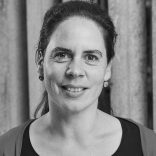 Zweite Vorsitzende ist Leonie March.
Zweite Vorsitzende ist Leonie March.
Leonie March lebt seit 2009 als freie Korrespondentin in Südafrika. Von dort aus reist sie regelmäßig in andere Länder der Region, u.a. nach Mosambik, Simbabwe und Sambia. Die Vielfältigkeit und die Widersprüche des südlichen Afrika haben es der Journalistin seit einem ersten längeren Aufenthalt 1990 angetan.
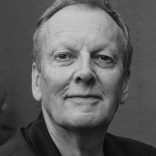 Christoph Drösser ist Schatzmeister.
Christoph Drösser ist Schatzmeister.
Christoph Drösser arbeitet von San Francisco aus vorwiegend für deutsche Medien. Hauptauftraggeber sind Die Zeit/Zeit Online, Radio Eins, Deutschlandfunk und SWR. Bevor er 2014 an die US-Westküste zog, war er 18 Jahre lang Redakteur der “Zeit” im Ressort Wissen. Von 2004 bis 2006 war er Gründungschefredakteur des Magazins Zeit Wissen.
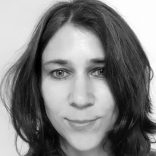 Antje Stiebitz ist Beisitzerin.
Antje Stiebitz ist Beisitzerin.
Antje Stiebitz schreibt und produziert Radio-Beiträge für Deutschlandfunk Kultur, Deutschlandfunk, NDR und WDR. Meist in Form von Reportagen, aber auch Kommentare und Analysen. Gerne auch Portraits oder Interviews.
Thematisch immer Hintergründiges zu Religion, Politik, Gesellschaft und Kultur.
Wolf-Dieter Vogel ist Beisitzer.
Wolf-Dieter Vogel lebt in einer Region, die von korrupten Politikern, kriminellen Banden und sozialer Ungleichheit geprägt ist. Deshalb begleitet er Eltern, die ihre verschleppten Kinder suchen, porträtiert verfolgte Umweltschützer und trifft Pfarrer, die Migranten das Leben retten.